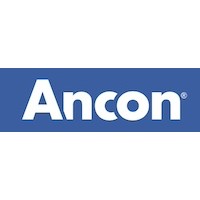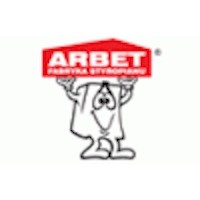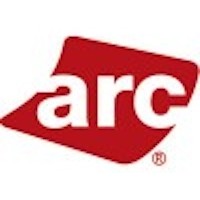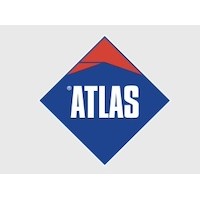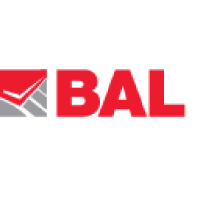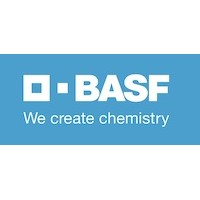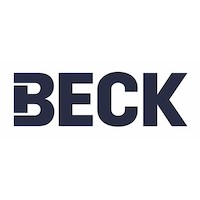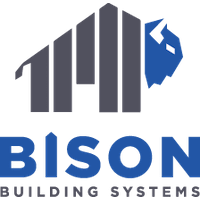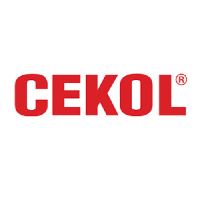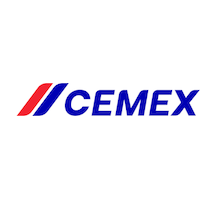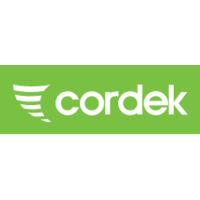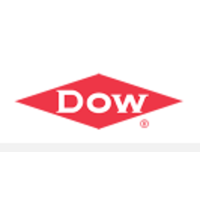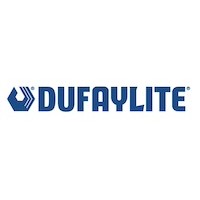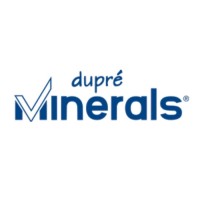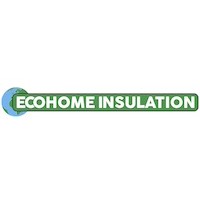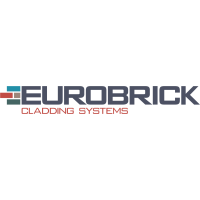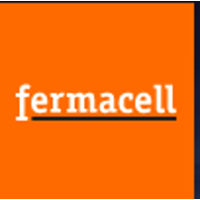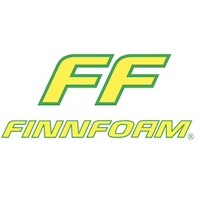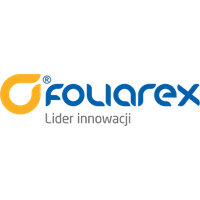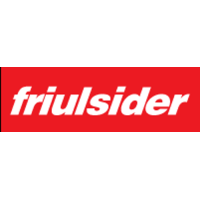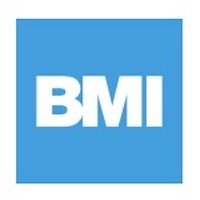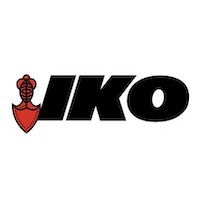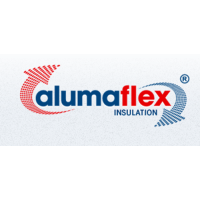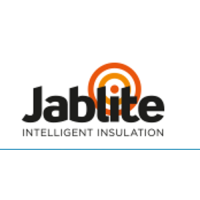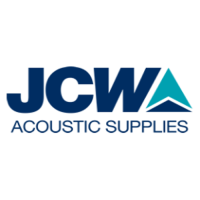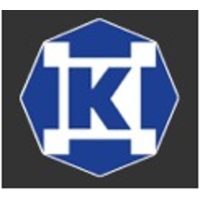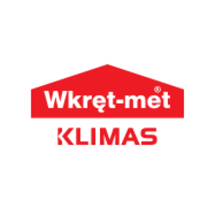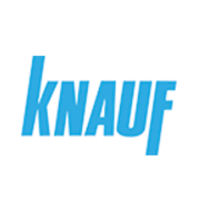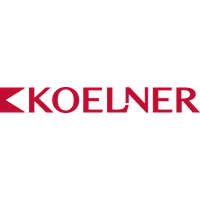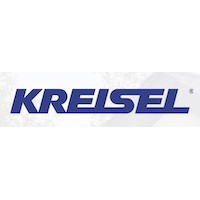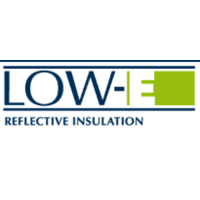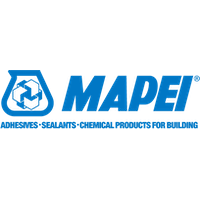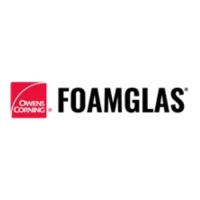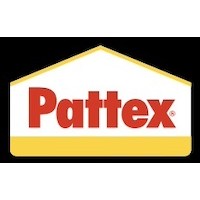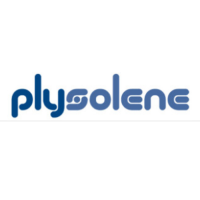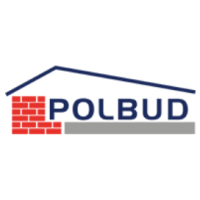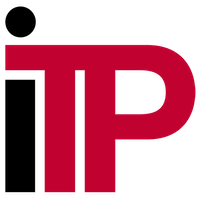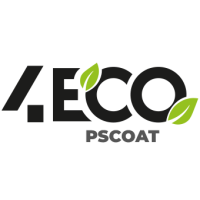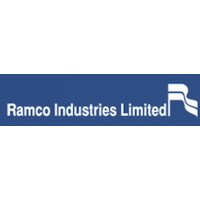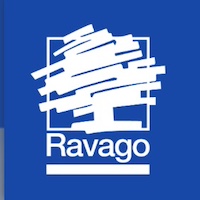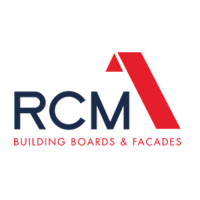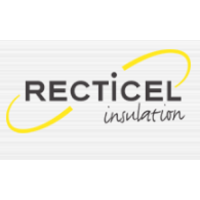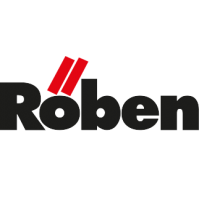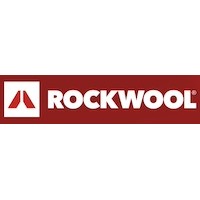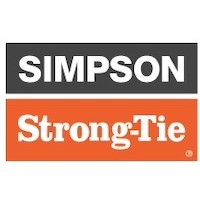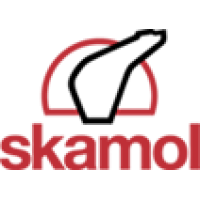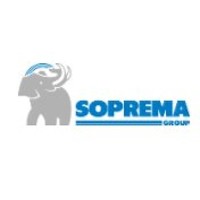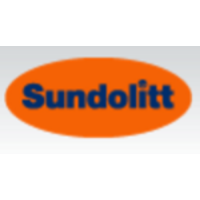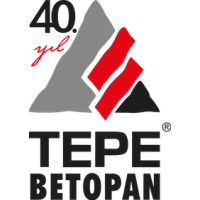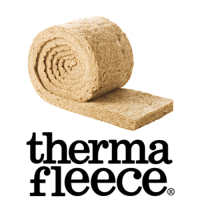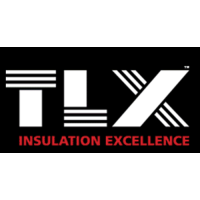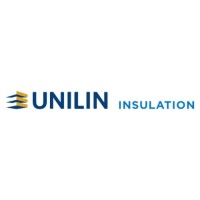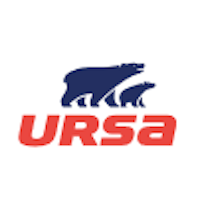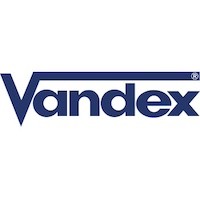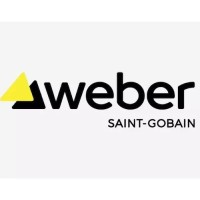Main Trends in the Insulation Market

What are the Factors Influencing the Global Insulation Market?
Trend is a changeable category regardless of the field and area it refers to. Namely, global trends change over the years under the influence of many different factors. Sometimes are dictated by different opinions, sometimes by more objective factors like the prices, overall life standard or applicable regulation. This also goes for thermal and acoustic insulation where different products and materials are constantly being developed in order of keeping up with the industrial and technological progres. These changes are dictated by different factors, all equally important and influential on the main trends in the insulation market, which will be discussed here.
Regulatory Framework
The first thing that can be of influence to the trends in the insulation market is most certainly the regulatory framework or the applicable building codes and regulations that dictate not only the levels of necessary insulation in both residential and commercial sector, but also set some standards in the insulation industry regarding materials and products that can be used as well as certain procedures that must be followed.
In the UK, such regulatory framework includes applicable& Building Regulations and the corresponding building codes that regulate a specific area in the construction sector including structural and fire safety, contamination and moisture, ventilation, waste disposal, electrical safety, sound and thermal insulation etc. Each area is regulated by a specific code (Part A, Part B, Part C...), all setting some standards and obligatory rules for both production sector and the consumers.
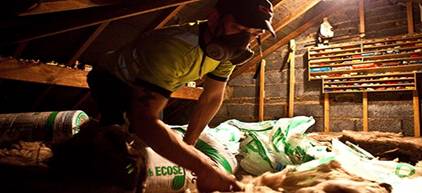
For example, Part L of the Building regulation refers to minimal level of insulation in residential units for specific parts of the buildings, such as lofts, which must be considered when choosing and installing insulation. On the other hand, some safety standards determine which insulation materials are acceptable in words of health and structural safety. This must also be followed, especially in reference to specific safety procedures in installation of insulation.
All these factors greatly influence the global insulation market, since applicable regulation set some obligations and prohibitions that must be taken into account when planning, producing, distributing and installing insulation.
Energy Consumption and Sustainability
Another important factor that must be considered is the energy consumption and therefore connected sustainability, which are both burning issues over recent years. Namely, many techniques, methods and new technologies are constantly developed in order of reducing energy consumption and reducing harmful environmental impacts.
If you are wondering how this affects global trends in the insulation market, the answer is pretty simple. Basically, everyone strives towards reducing energy consumption which can be done in a few ways, including installing insulation. Added thermal insulation will reduce heat loss and gain and thus lower energy costs. This means that if the energy prices rise, the demand for alternative ways on cutting energy costs will follow that trend thus resulting in expansion of insulation market and more insulation materials available. On the other hand, if the process were to go down, less people would be interested in adding insulation.
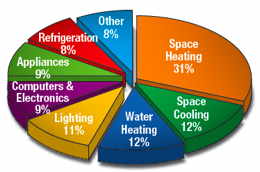
Also, energy prices are directly connected to the price of insulation materials, since these also use some energy to be produced. Thus, if the energy prices were to drop this would be stimulating for insulation manufacturers to develop more insulation materials. However, this could easily have an adverse affect to the insulation demand since, as aforementioned, the decrease in energy prices would most likely reduce the demand for insulation.
Same logic could also be applied to the sustainability factor influencing the development of the insulation market. In times when environmental protection is very important, it is expected for demand for natural insulation products that are recyclable or require less energy to be produced to rise. However, here it is very important to take into account the entire life cycle of installed insulation since some materials although require more energy initially can contribute to greater energy saving over their life span thus being more energy efficient and eco-friendly than it would seem at first.
Construction and Urbanisation
Finally, another aspect that should be addressed when discussing trends in insulation is the question of construction of new buildings and demography issues.
The maths is pretty simple – more buildings constructed will require more insulation. This means that in time of recession when construction industry is on the exhale, it cannot be expected for the insulation market to be stimulated.
This matter is also connected to the demography issues, including population growth and urbanisation. The available results show that the population is growing at a rate of 1.1% annually, and is expected to reach over 8.5 billion by 2030. However, what is even more important that more and more people every year are moving from the country to cities and other urban areas which will most certainly affect the construction and global insulation market in the years to come.
Send us your project details and we'll offer you best prices for the UK's finest insulation products. Visit our insulation shop and take a look at different products you can use for your insulation project.



